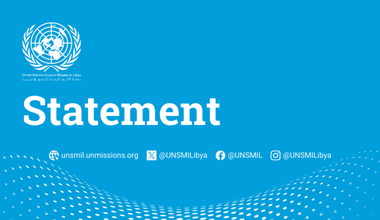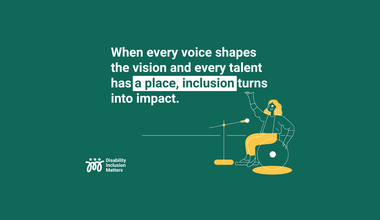UN implements new training on Small Arms and Light Weapons risks for Libyan women
On 21 August, the United Nations Mine Action Service (UNMAS) started a new phase of its project on Small Arms and Light Weapons (SALW) risk awareness in Libya, kindly supported by the Italian Development Cooperation Agency.
In line with UN Security Council resolutions promoting the role of women in peace and security, UNMAS launched this project in 2015 involving a pilot group of 12 female members of civil society from different areas of Libya. Between 2015 and 2017, the group was engaged in 4 educational workshops and supported in developing risk awareness messages, which they shared on a voluntary basis in their communities, where they interacted with hundreds of civilians.
Based on the enthusiastic response to the previous project phase, UNMAS selected a new group of women under the age of 30 to undergo similar training, with the purpose of increasing the involvement of Libya’s younger generations. The 10 participants were chosen through a competitive process on the grounds of motivation, educational background, and geographical representation.
Between 21-25 August, trainees participated in their first workshop on the topic of SALW, facilitated by the Geneva-based Small Arms Survey. During the workshop, the new participants shared their experiences dealing with SALW in their daily lives, and fears of losing members of their families in accidents caused by unsafe handling and storage practices. In addition, they received information on international standards on SALW and awareness raising methods.
To increase the learning potential and build upon the lessons from the pilot phase of the project, trainees from the previous project phase were involved as mentors during the first workshop and will continue being engaged alongside the new group in the next workshops in October and December. After attending the three workshops, participants will be enabled to better assess SALW-related risks and to share context-specific risk education messages to increase the safety of their own communities.
 United Nations Peacekeeping
United Nations Peacekeeping UN
UN















